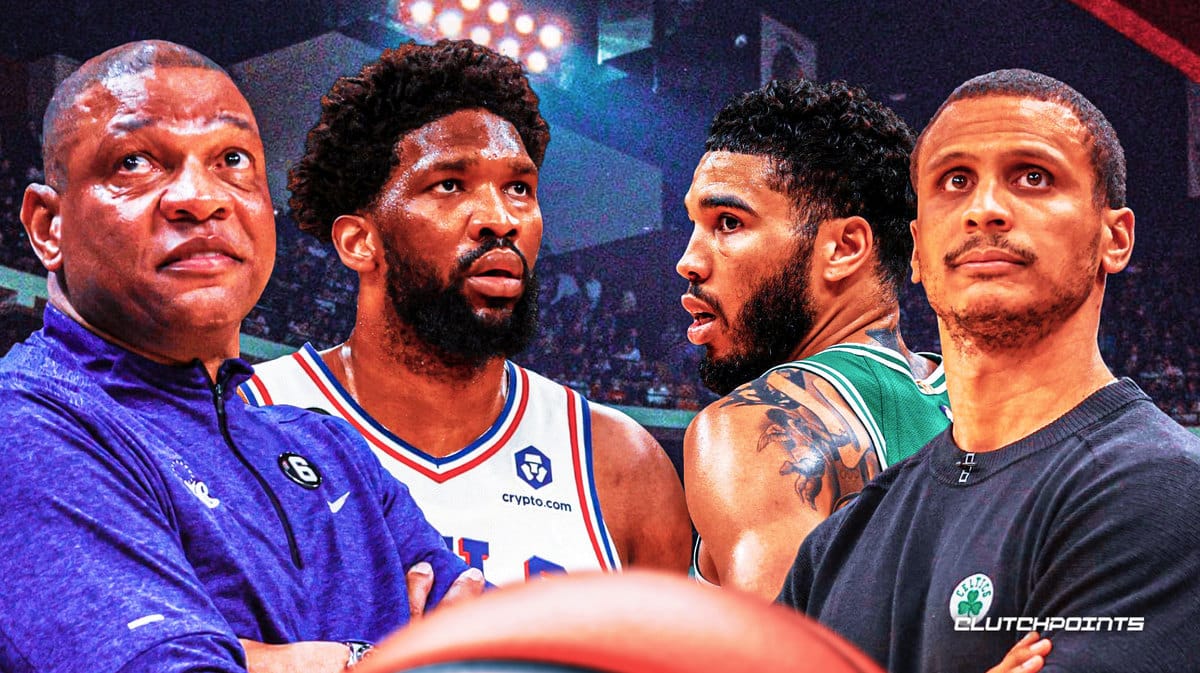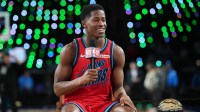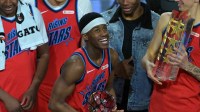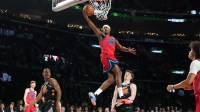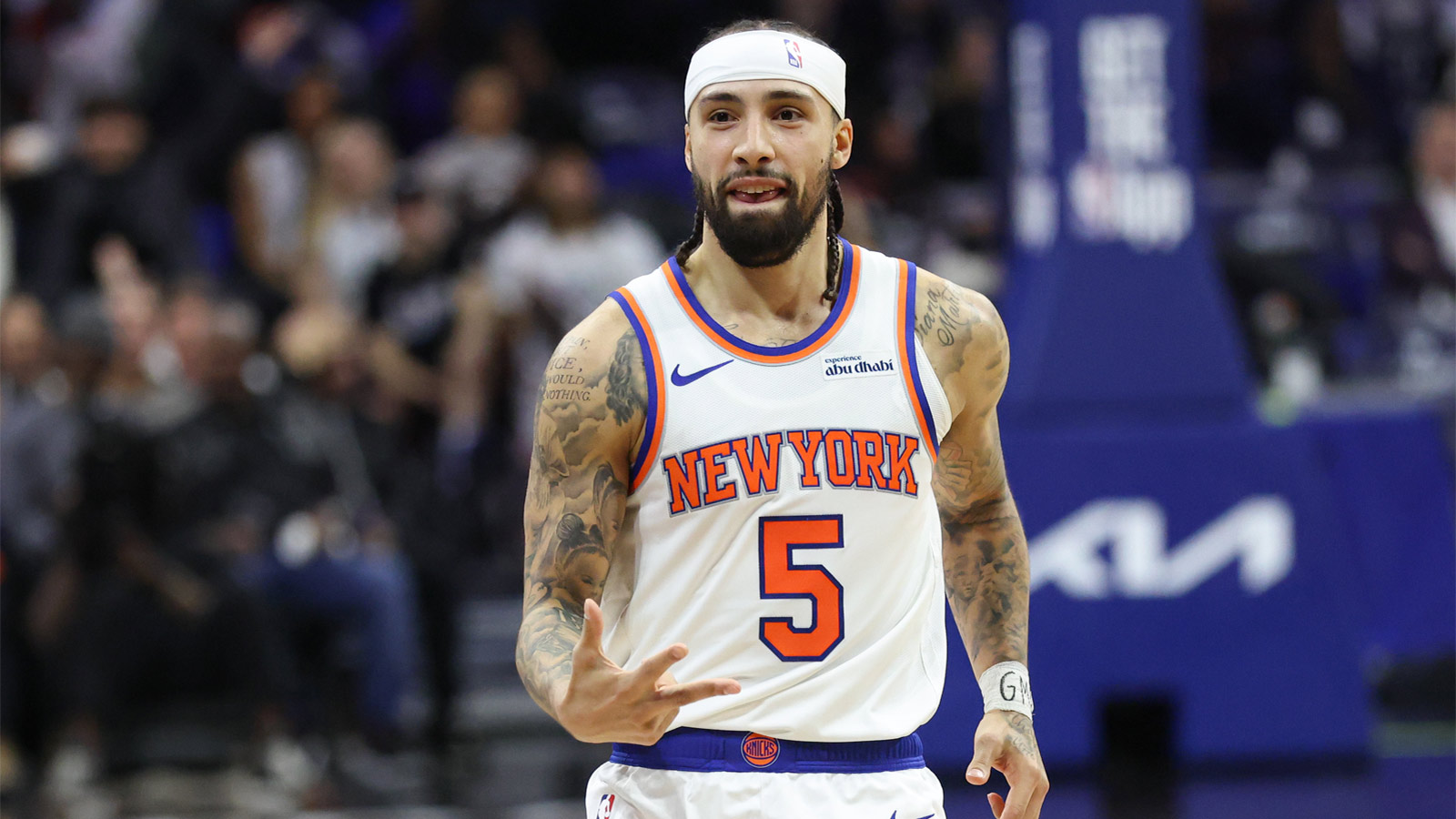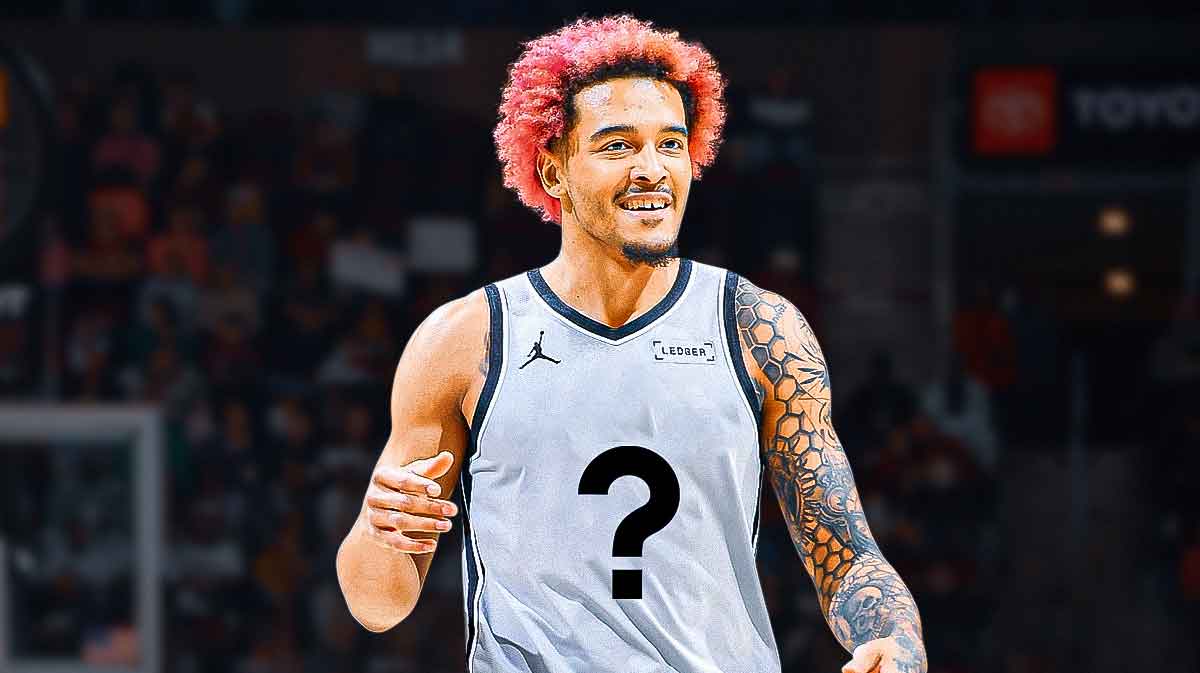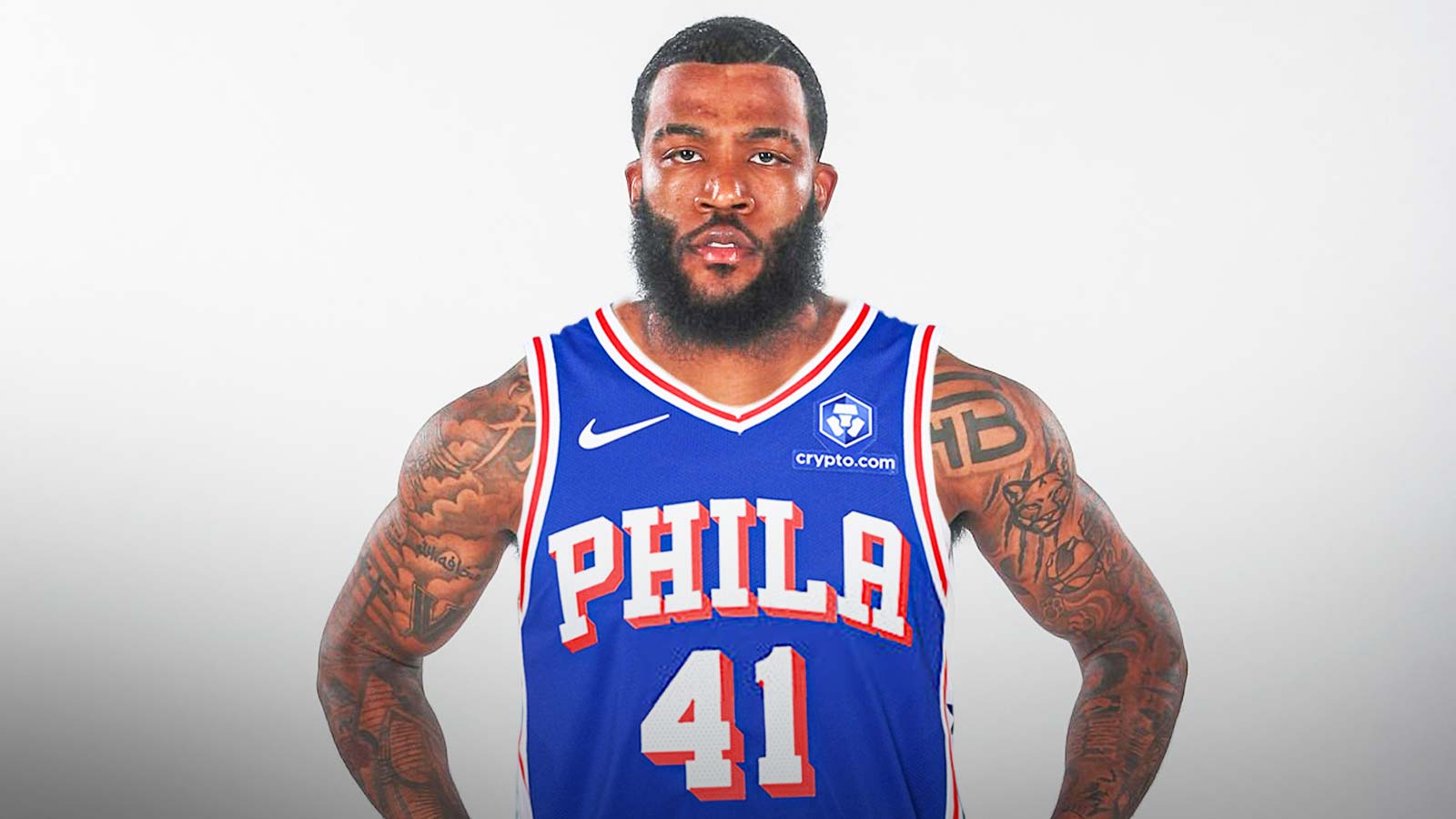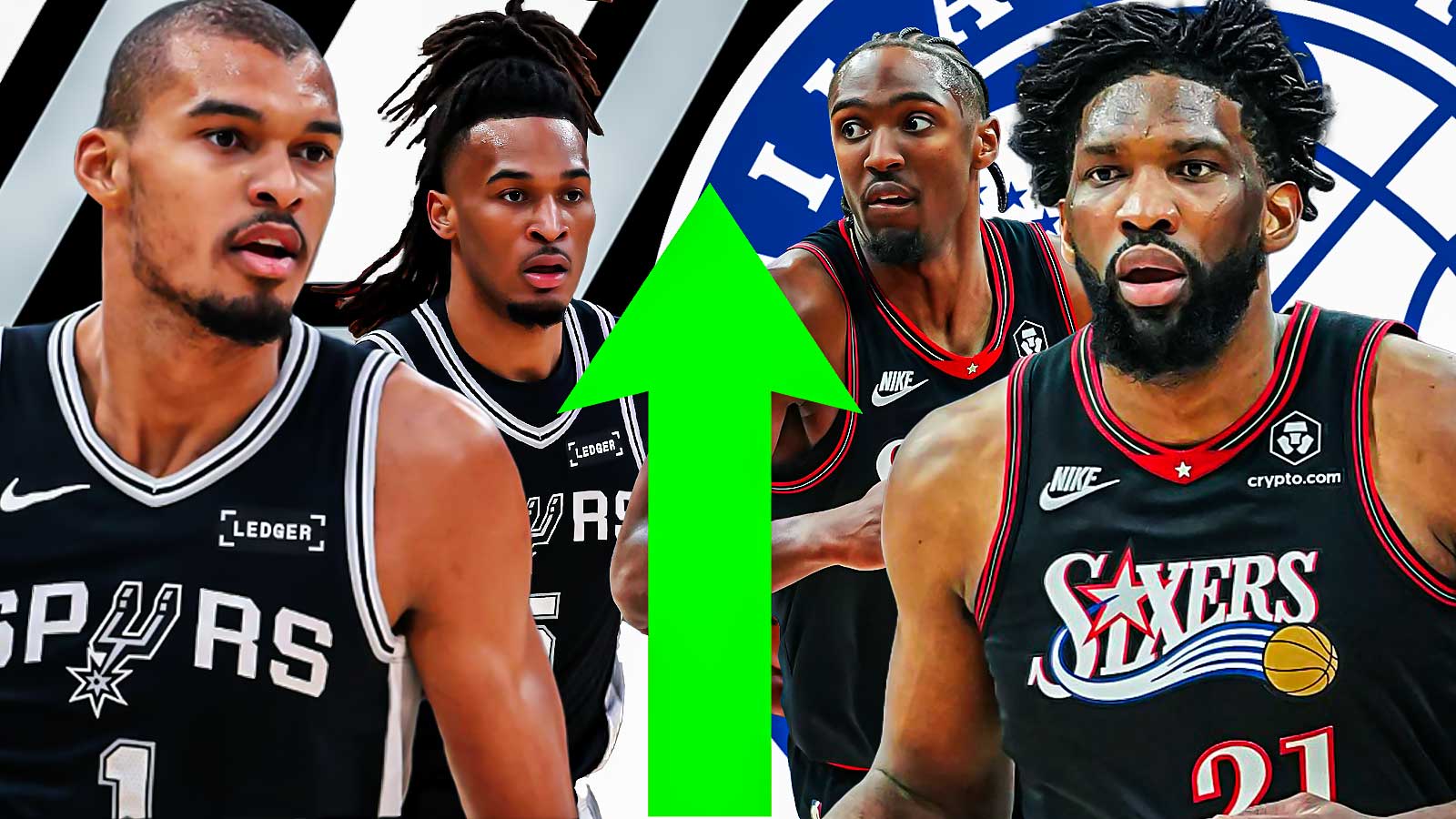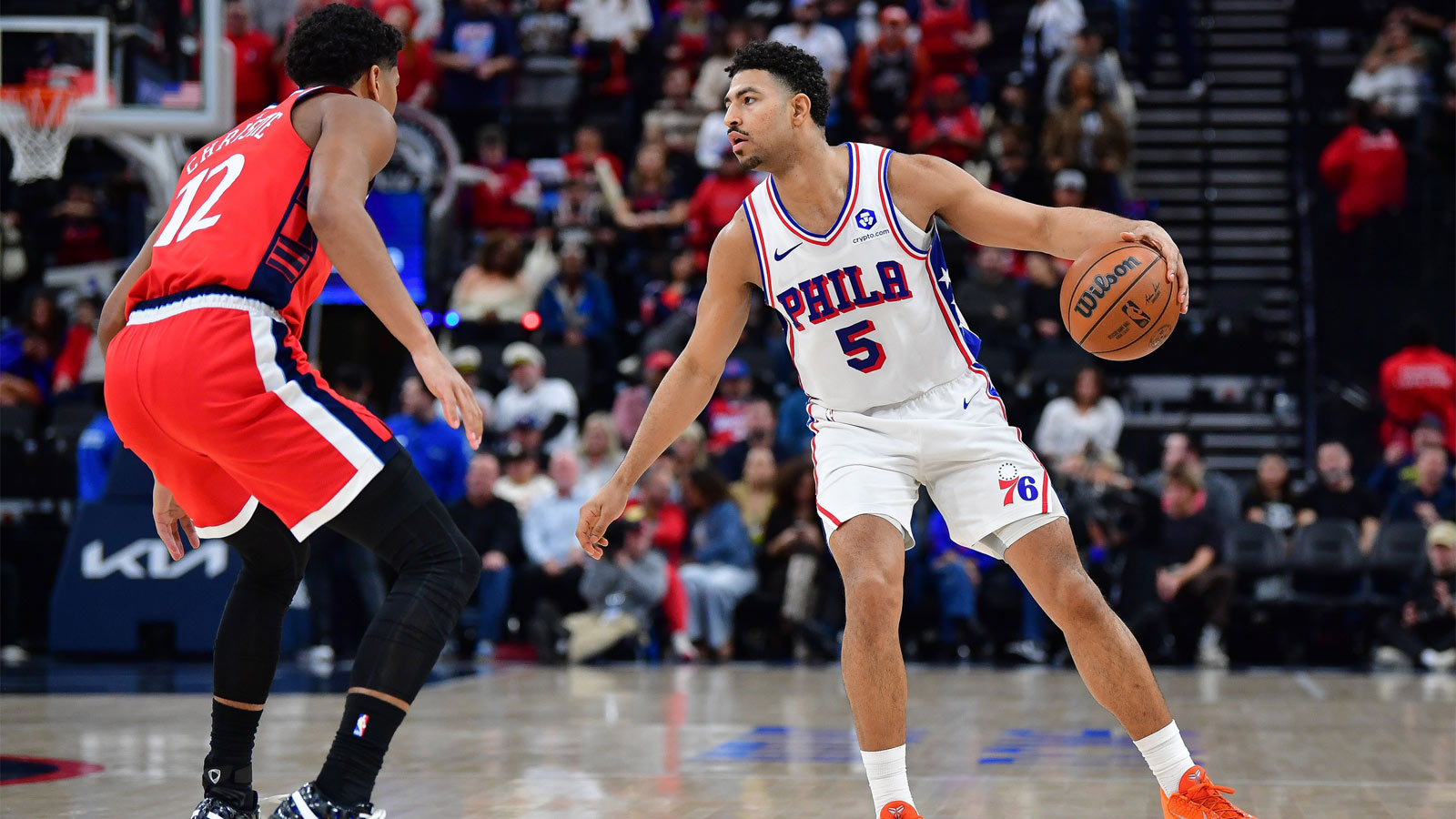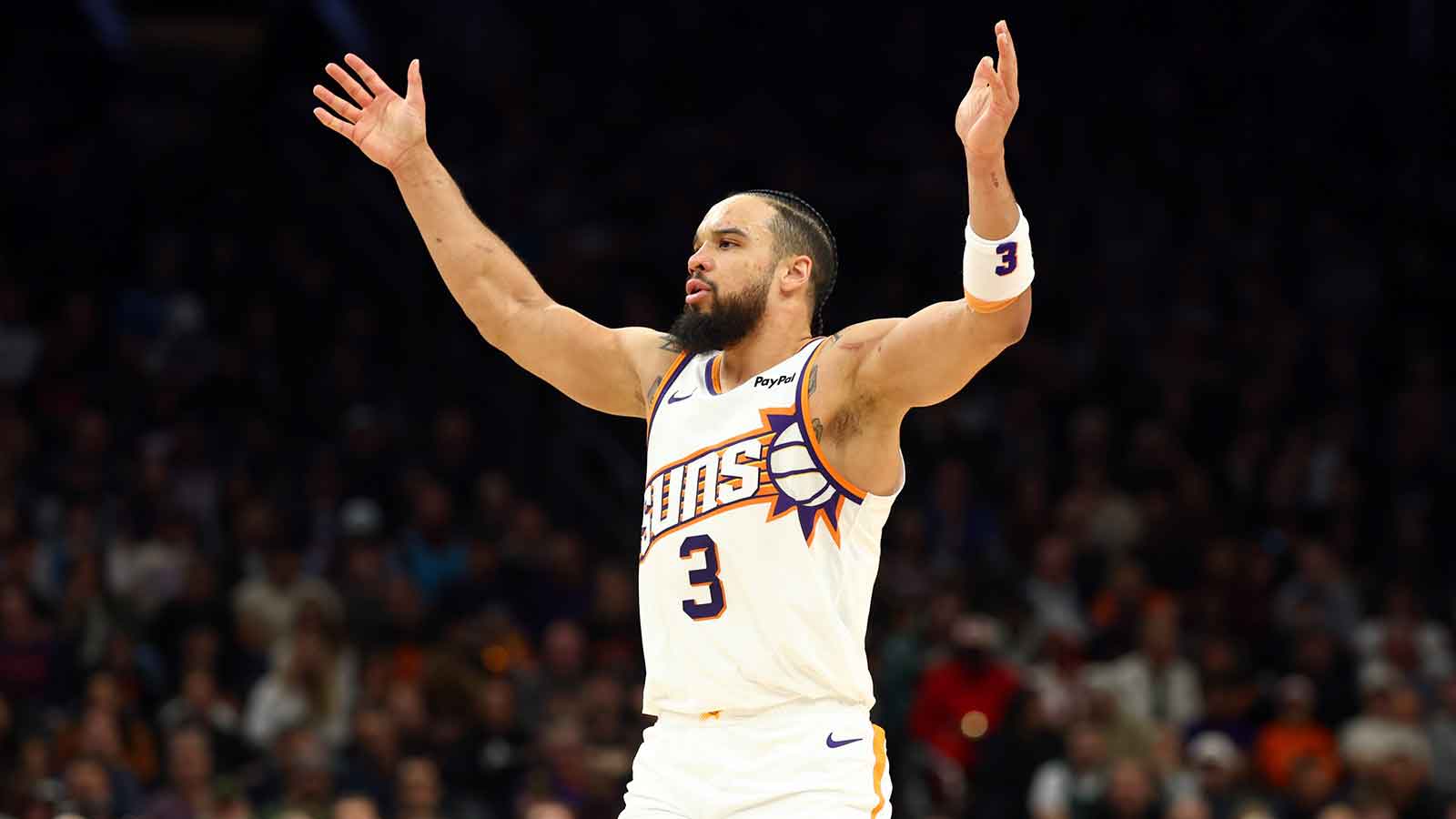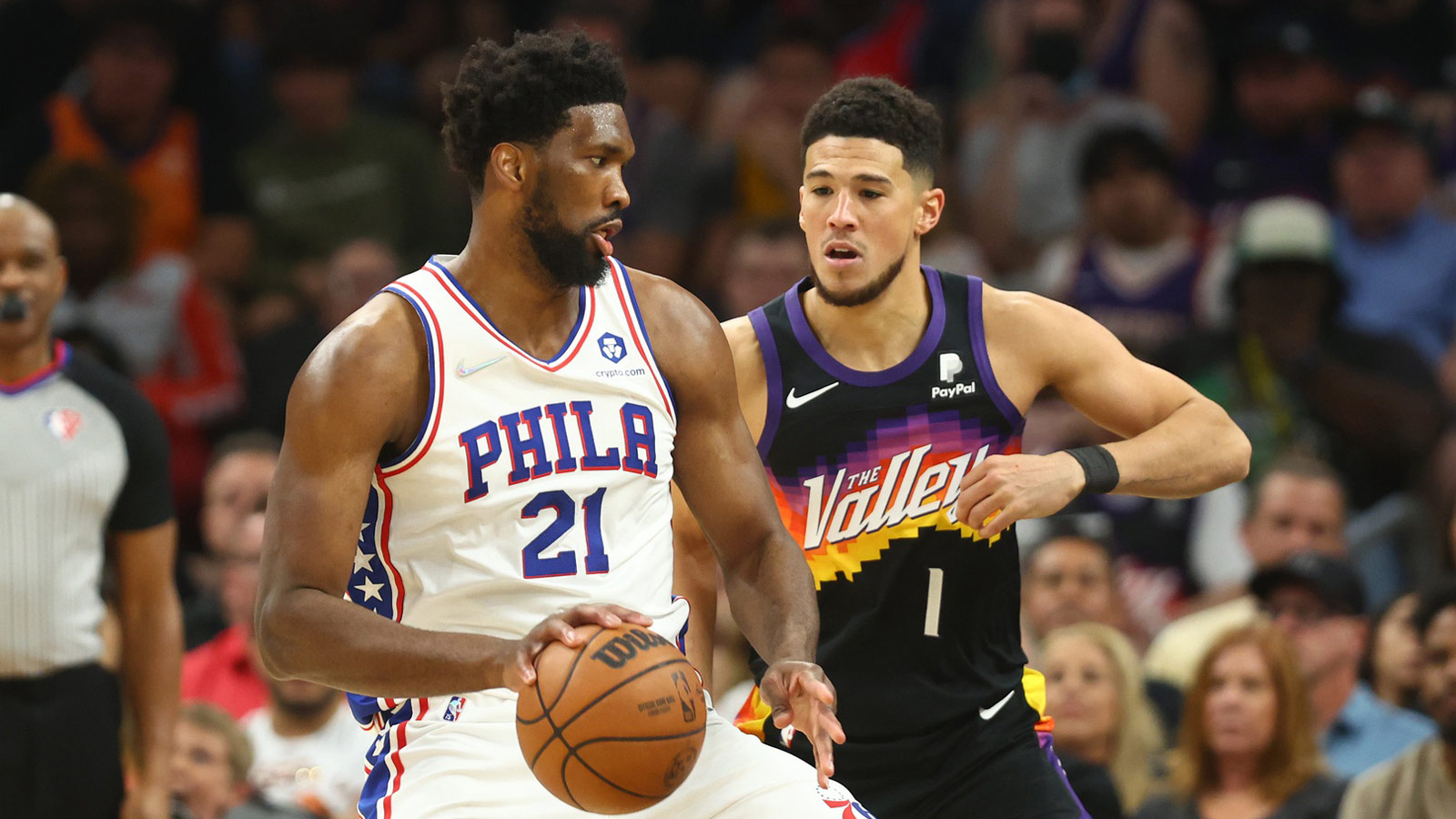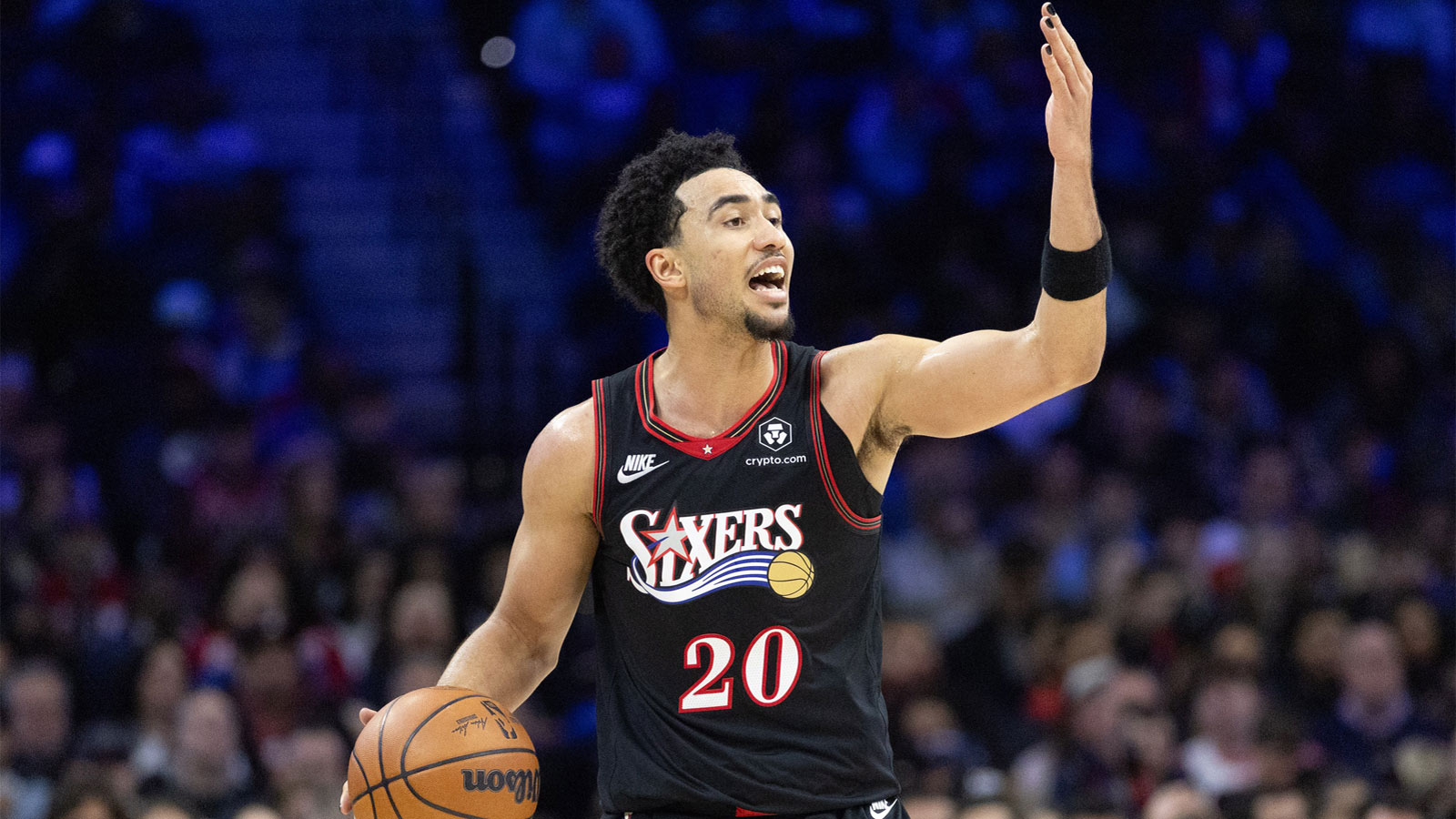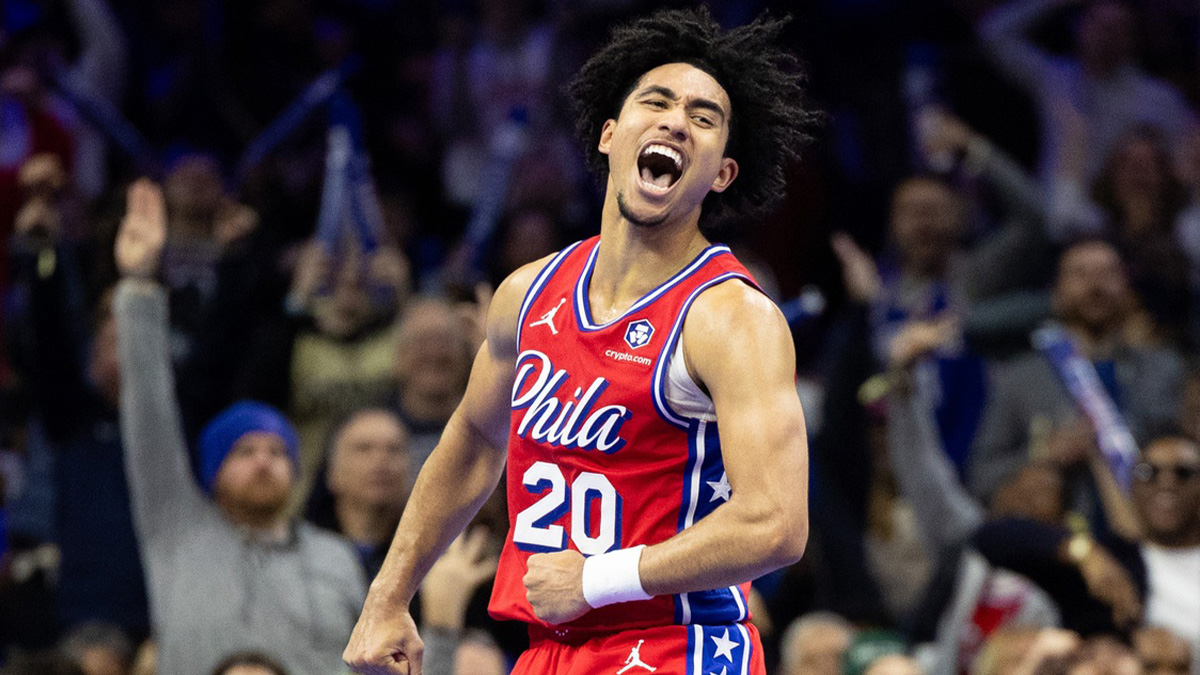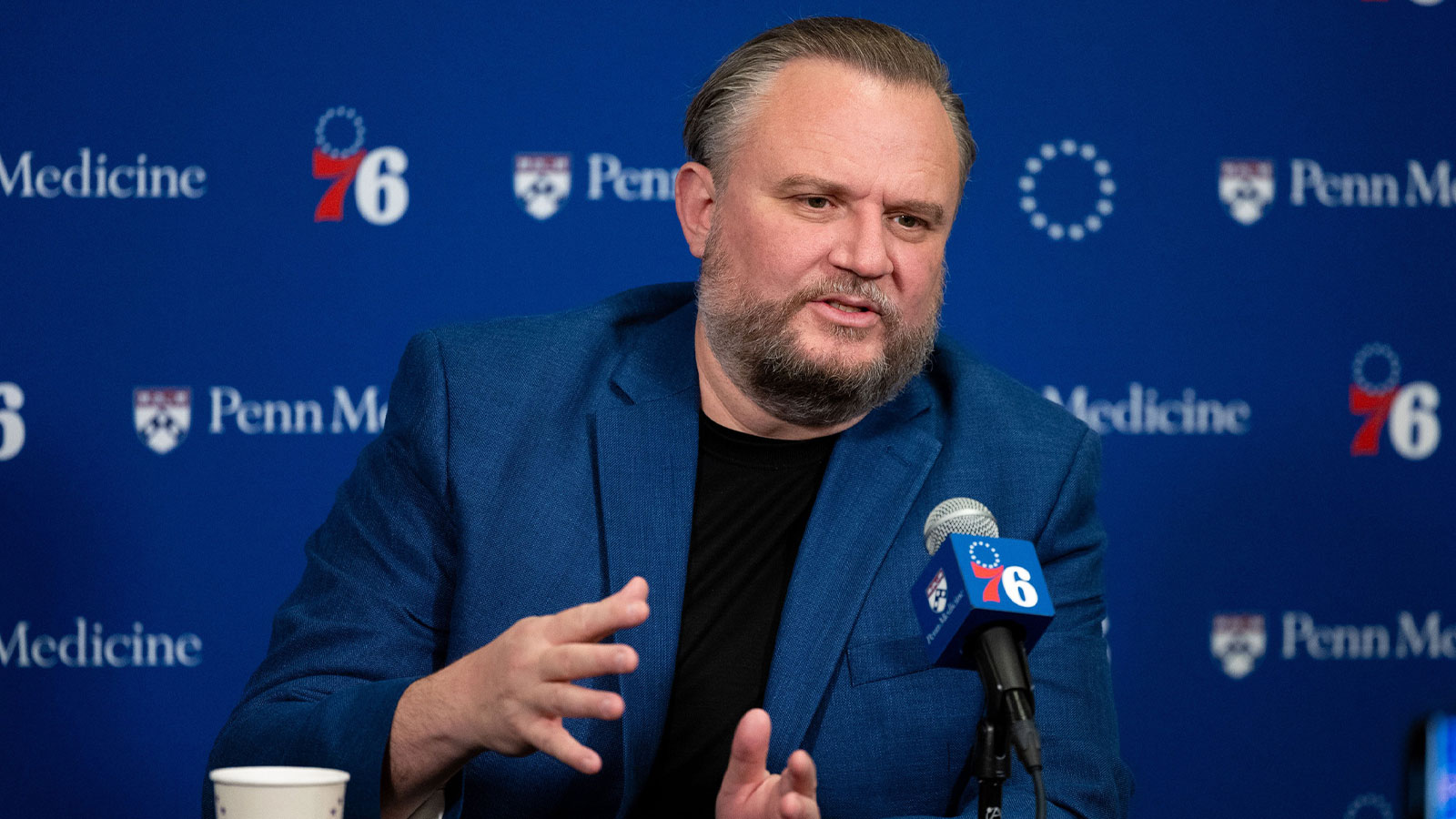Game 2 between the Philadelphia 76ers and Boston Celtics went almost as poorly for the Sixers as it possibly could have. Joel Embiid returned, but wasn't his normal self, and none of his teammates were much of a help as the Sixers got demolished by a score of 121-87.
The loss was a splash of cold water in the face, a harsh reminder that the Celtics are a well-oiled machine that can dominate a game in which their star player in Jayson Tatum scores just seven points. The Sixers have to capitalize on the next two games at Wells Fargo Center, especially Game 3.
Forgoing an extra game of rest for Embiid allowed him to shake off some rust in Game 2. Now, he has to return to his dominant, game-breaking self on Friday. But that's not all that Philly needs to put on its to-do list.
For the Sixers to beat the Celtics in Game 3, some significant adjustments are in order.
5. Slow down Malcolm Brogdon
The Sixth Man of the Year's dominance against the Sixers has persisted from the regular season to the postseason. It has to be nipped in the bud to slow down the Boston offense.
Malcolm Brogdon has been an expert at taking advantage of early-shot-clock opportunities, getting into the paint and using his feathery shooting touch to score before the Sixers can get their defense fully set up. He's a shooting threat off the catch or the dribble and is a smart passer on top of it all. The Sixers have to cut off his driving space and be willing to recover quickly if he passes back out. Whoever guards him has to stand strong and cannot fall for his shot fakes.
While Brogdon's shooting and smart off-ball moving will make him hard to stop when he plays alongside Jayson Tatum and/or Jaylen Brown, the Sixers have to slow him down when he leads the charge. As he goes, so to does the Celtics bench. If Philly can corral him, it would put more pressure on Boston's two stars, one of whom (Tatum) has often struggled against the Sixers over the course of the season.
4. Play De'Anthony Melton more, Georges Niang less
This series is one where De'Anthony Melton should play a heavy dosage of minutes. His athleticism and versatility makes him a natural fit to play the Celtics, who deploy smaller, more athletic lineups.
While he probably already had his best shooting performance of the series in Game 1, his all-around shooting repertoire — the way he can shoot off of movement or attack a closeout — makes him valuable to the Sixers' offense. Defensively, he has the length and quickness to match up with a variety of players. When the Sixers go to their zone, he can make things happen with his ability to cover space.
Georges Niang, a great shooter in his own right, should be played even more sparingly than he already is. His defense is not up to par and he doesn't make up for it in other areas. While a player shouldn't be punished for a singular bad play, one Niang sequence late in the first half of Game 2 shows how small his margin for error is. He refused to shoot the open triple or swing the ball to an even more open Tobias Harris, dribbles into a jumper and gets blocked by Marcus Smart, igniting a Boston fast break.
If Niang is to play, he should only play when Embiid does. The big fella can clean up for his defensive miscues and the sharpshooter should be able to make the Celtics pay for sending double teams. Otherwise, Doc Rivers either needs to trim the rotation or swap him for Shake Milton or Danuel House Jr.
3. Rebound from a disastrous shooting game
The Sixers and Celtics had opposite experiences from downtown in Game 2. While Boston shot 20-51 on their threes, Philly shot just 6-30. Malcolm Brogdon matched Philly's total of six made threes in just ten attempts. Shooting variances suggest that neither outcome is bound to happen again. But the Sixers cannot simply sit back and accept those odds. They have to be better.
From an offensive standpoint, the Sixers simply have to let it fly when they get open. They should look to take more deep shots to counteract the Celtics' plan to fire at will. To do that, they've got to open up space for their stars to attack and kick the ball out. James Harden should get back into the feel of shooting off the catch, which should be made more possible with a non-rusty Embiid.
P.J. Tucker is perhaps one of the biggest X-factors for the offense getting back on track. As the weakest link in the chain of Philly's shooters, he simply cannot get cold feet every time he has the ball. The Sixers don't need him to become a sniper — they just need him to take the open shot. Rivers should help him out by mandating him to stay in the corner, where he is by far the most comfortable. His ability to rebound would be aided, too, since he is best fit to go barreling for a loose ball than securing position near the rim against taller, more athletic opponents.
2. Play perimeter defense
As previously mentioned, the Celtics shot the ball with incredible accuracy. The Sixers' porous defense on the perimeter is to blame.
Initially, the Celtics' offense of Game 2 wasn't as efficient as it was in Game 1 because they were met with fierce resistance in the paint. Embiid blocked five shots and forced several more misses in the paint with his long arms and anticipatory timing. Since they couldn't waltz to the rim like in Game 1, the C's relied more and more on the deep ball throughout the game. Their three-point attempt rate climbed from 39 percent in the first quarter to 59 percent and 58 percent in the second and third quarters respectively.
That reliance on the long ball was made possible by no improvement to the Sixers' perimeter defense. Boston got pull-up threes in the space left empty by Embiid's drop coverage and swung the ball around to open shooters on the perimeter. The Sixers were slow to recover back out, leaving space for the Celtics to fire away.
The Celtics didn't have to worry about surrendering easy points because the Sixers generated one live-ball turnover in the first three quarters. With Embiid taking away close shots, the guys around him have to cover up the gaps around him.
1. Fit Joel Embiid back into the offense
A scoring machine like Embiid can be expected to need some tune ups after a long layover (especially since he is usually at his worst after long breaks). But the manner in which he did so shows that the Sixers need him to keep his foot on the gas and nothing less.
Embiid didn't go out looking to attack on each possession. He hit a few jumpers and looked to go right to the hoop on a few plays near the end of the first half. Besides that, he didn't assert himself much, which bogged down the offense. The entire unit looked unsure of itself and it resulted in almost as many turnovers (11) as assists (13).
With Embiid still getting a feel for things, Harden didn't have as many opportunities to fly as freely as he did in Game 1. Couple that with a bad shooting night — caused in part because Boston played him more tightly — and it's easy to see why Harden struggled so much. Embiid doesn't need to get up shots on every possession, but it is necessary for him to bend the Boston defense in Philly's favor.

